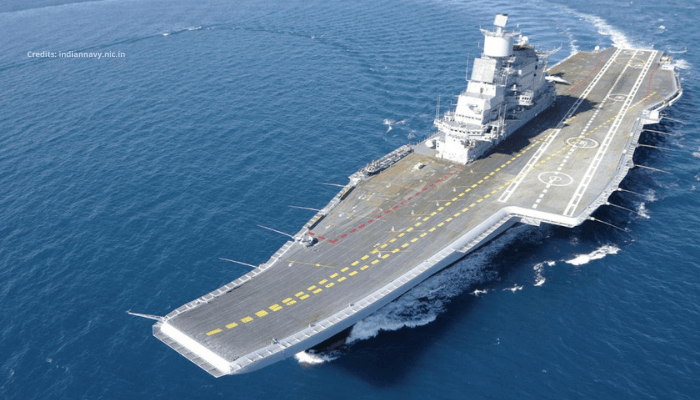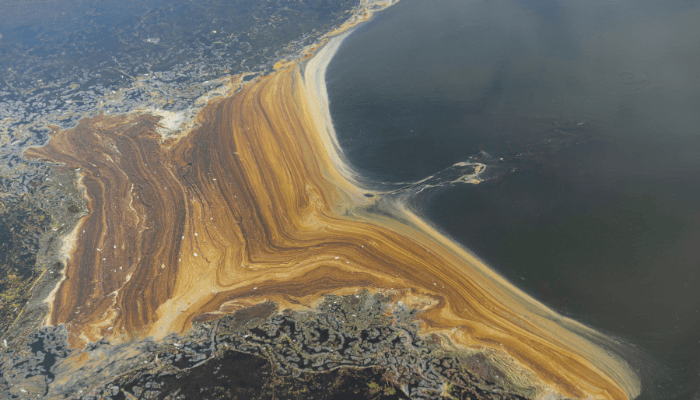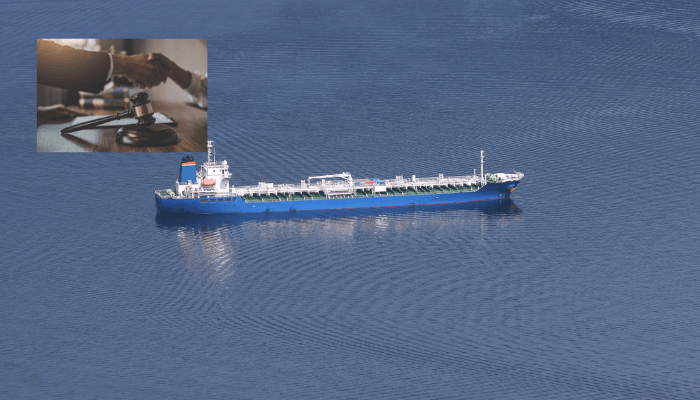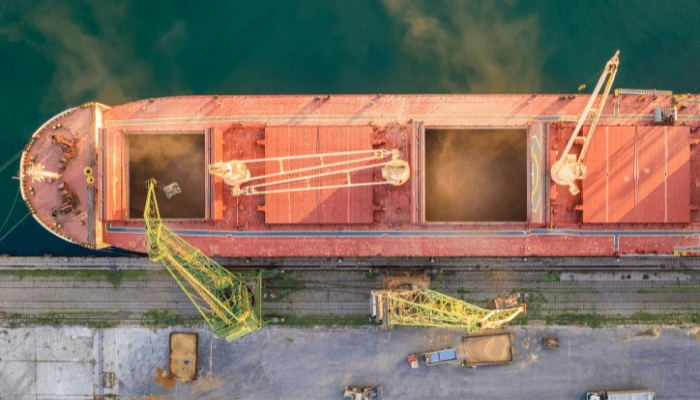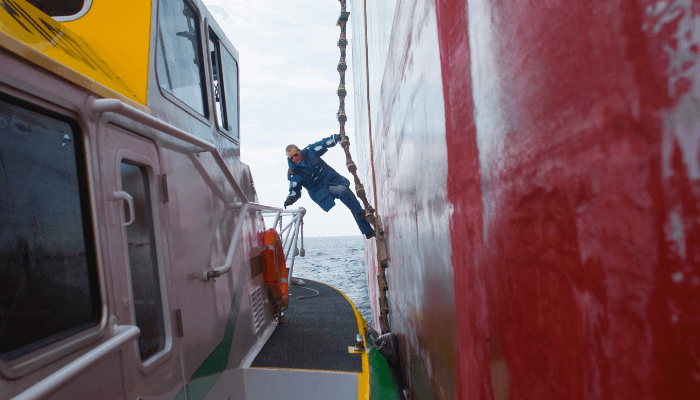-
ICTSI ranked as top wholly independent global terminal operator (GTO), based on a Drewry report
-
The company also placed eighth among GTOs in 2021-2022 in terms of equity TEU based on consolidated 10.1 million TEUs it handled in 2020
-
Operating 33 terminals in 20 countries, ICTSI stands alongside Hutchison Ports and DP World as the most geographically diverse GTO
International Container Terminal Services Inc. (ICTSI) ranked eighth among global terminal operators (GTO) in terms of equity TEU, based on the “Global Container Terminal Operators Annual Review and Forecast for 2021-2022” of independent maritime research and consulting firm Drewry.
GTOs handled mostly 66% of the global port volumes in 2020. ICTSI handled a consolidated 10.1 million twenty-foot equivalent units (TEU) in 2020, which grew by 10% to 11.1 million TEUs in 2021, owing to the reopening of markets and improvements in trade.
At the same time, ICTSI emerged as the largest wholly-independent GTO in the Drewry list with a portfolio that spans all six continents.
The company operates 33 terminals in 20 countries, mostly in emerging markets, standing with Hutchison Ports and DP World as the most geographically diverse among GTOs.
Drewry cites ICTSI and German logistics giant Hamburger Hafen und Logistik AG for having the highest equity level across their portfolios.
ICTSI said its continuing expansion is anchored on its core strategy of acquisitions and greenfield developments of small- to medium-sized terminals through government partnerships while maintaining majority ownership across its global operations.
Despite the slowdown of global trade in the past two years due to the COVID-19 pandemic, ICTSI continued to expand its operations with the addition of two new multipurpose terminals in Nigeria and Cameroon.
The company also expanded its existing operation in Rio de Janeiro, Brazil, by adding rail logistics to its services through the long-term lease of an intermodal terminal in Barra Mansa.
Owing to a strong performance in the second half of 2020, ICTSI allotted US$250 million in capital expenditure for 2021 to bankroll new developments in its flagship Manila International Container Terminal, Matadi Gateway Terminal in the Democratic Republic of Congo, and Victoria International Container Terminal in Australia.
ICTSI said it takes pride in being an independent stevedore with no ties to shipping lines, state-owned enterprises, and other major industry stakeholders.
Compared with hybrid operators, ICTSI’s independent nature allows it to create value across its terminals by improving efficiency through the implementation of trademark best practices.
For three decades and counting, ICTSI continues to serve as a driver of global economic growth. Beyond profit, the company recognizes the complex role of ports in the development of economies and communities where it operates.
In Papua New Guinea, ICTSI has transformed the ports of Lae and Motukea into high-performing gateways.
The company also developed Australia’s first fully automated container terminal in Melbourne, which is also one of the first such port facilities in the world.
ICTSI’s terminal in Ecuador is the first carbon-neutral port facility in Latin America.
Since ICTSI’s takeover, MICT has increased its annual capacity five-fold, expanded its container handling fleet to make it the largest and most modern container terminal in the Philippines, and switched from a manual control system to an integrated real-time IT terminal control system.
MICT is ICTSI’s flagship operation. Over the years, ICTSI has grown its portfolio of terminals and projects in developed and emerging market economies in the Asia Pacific, the Americas, and Europe, the Middle East and Africa.
Source: https://www.portcalls.com/ictsi-among-top-global-terminal-operators-drewry/

